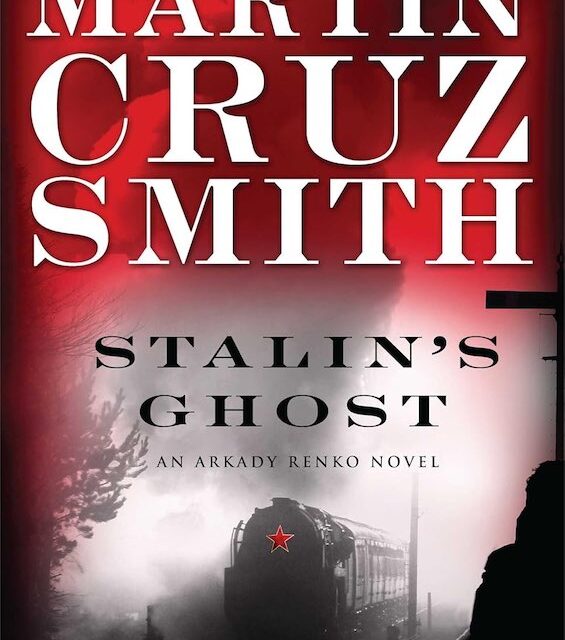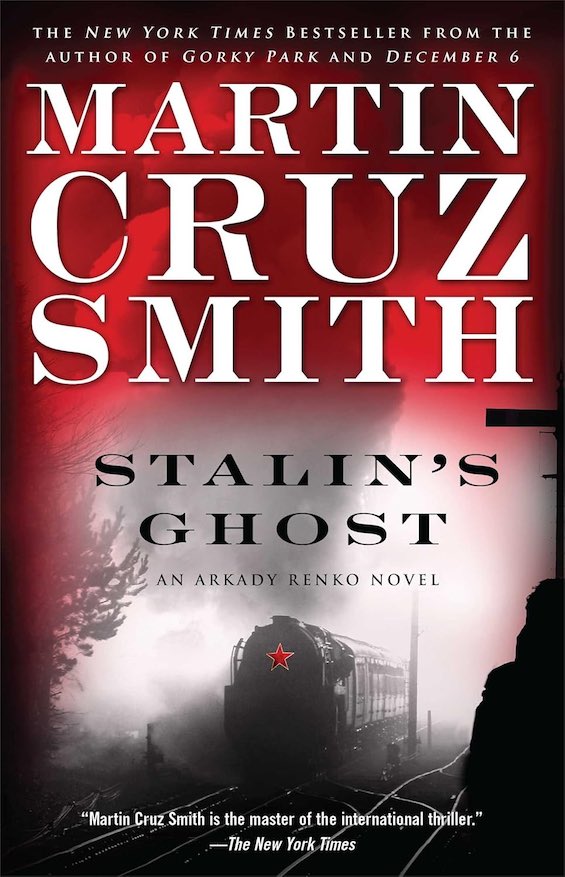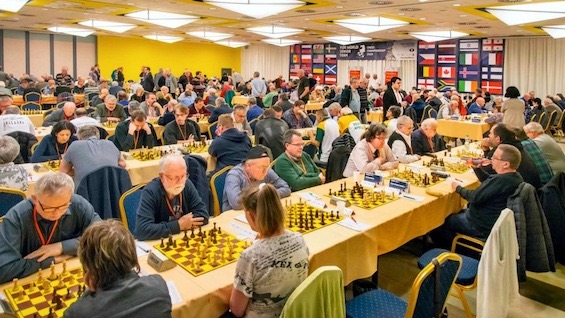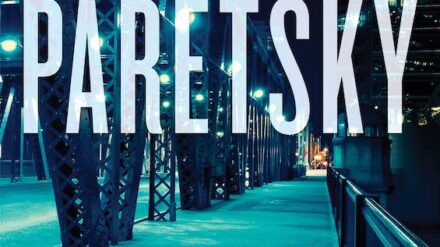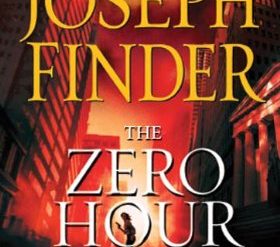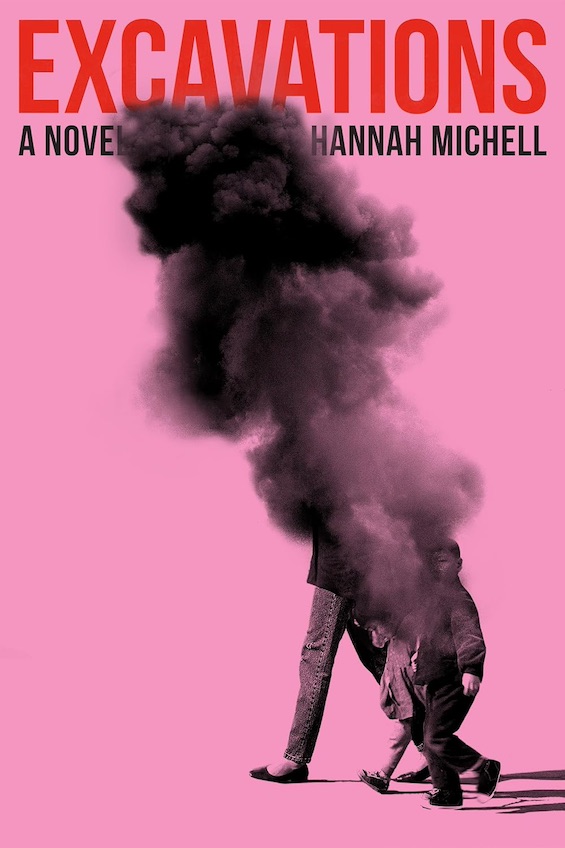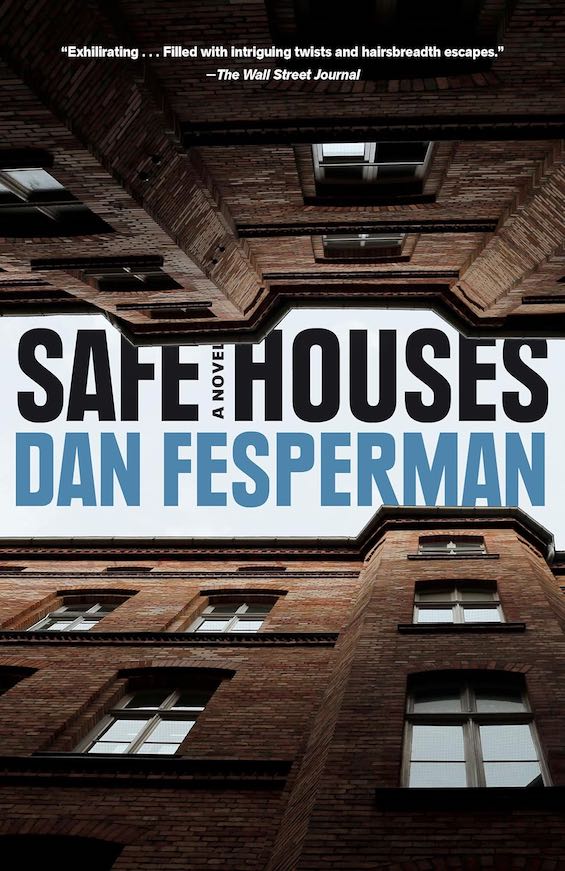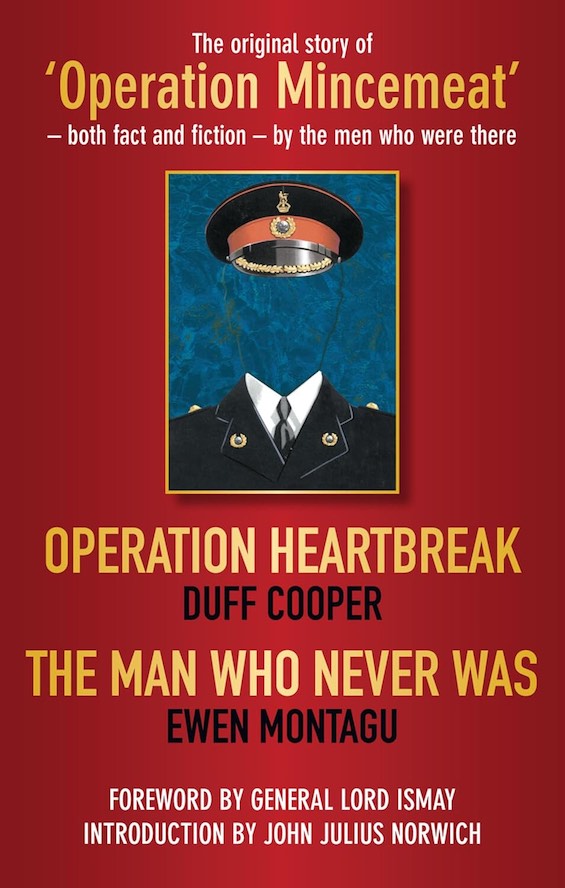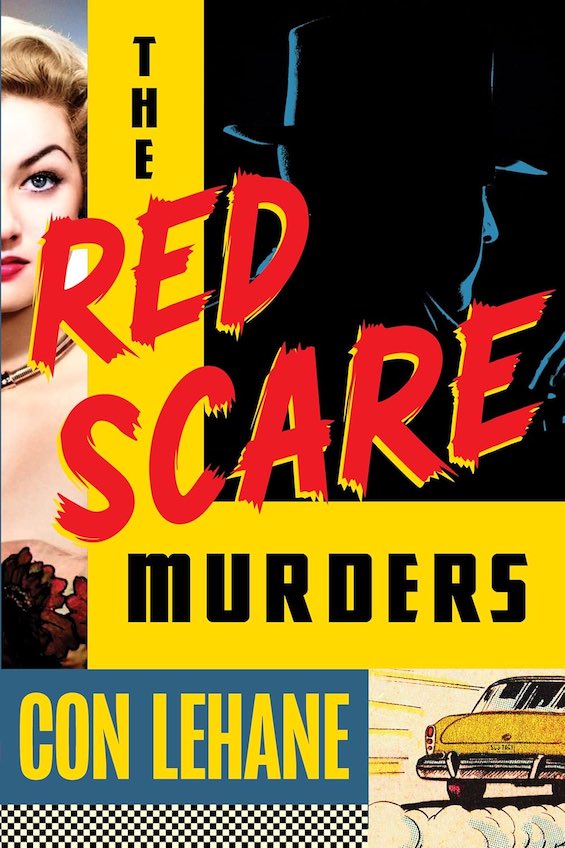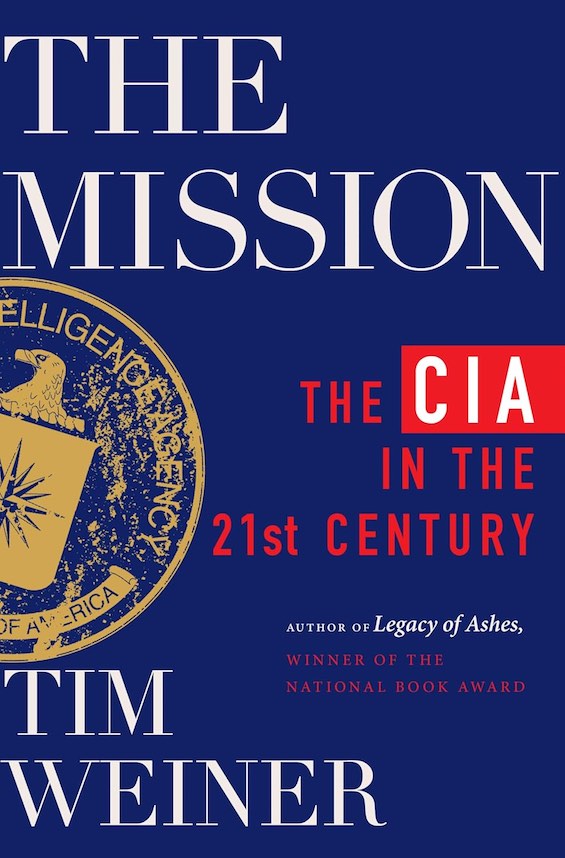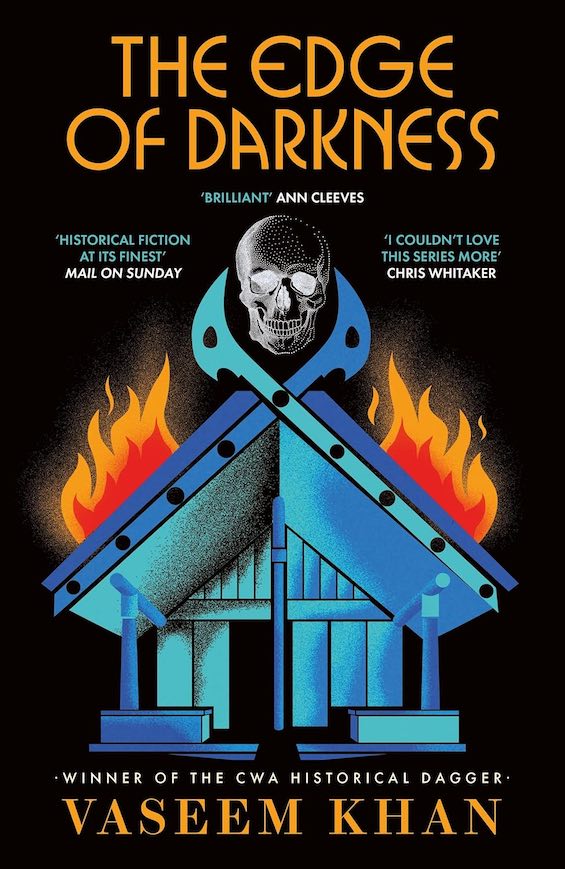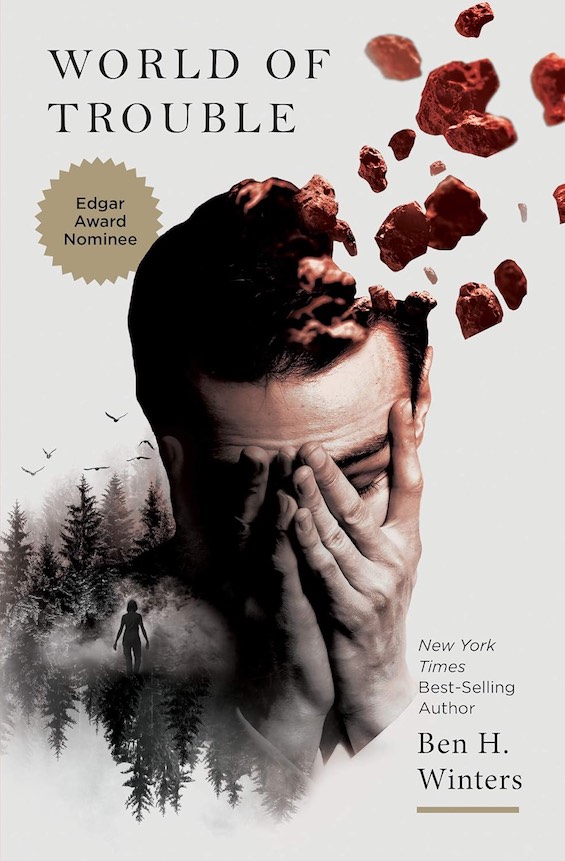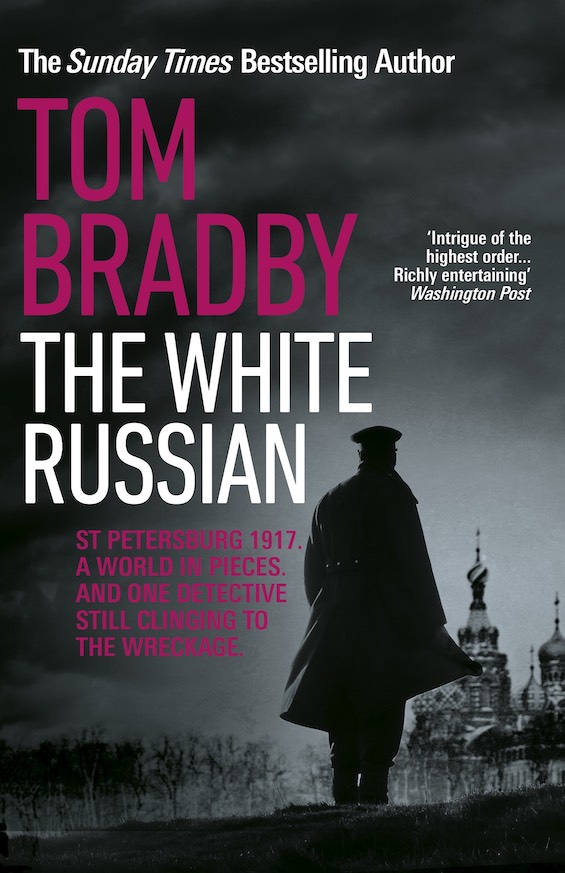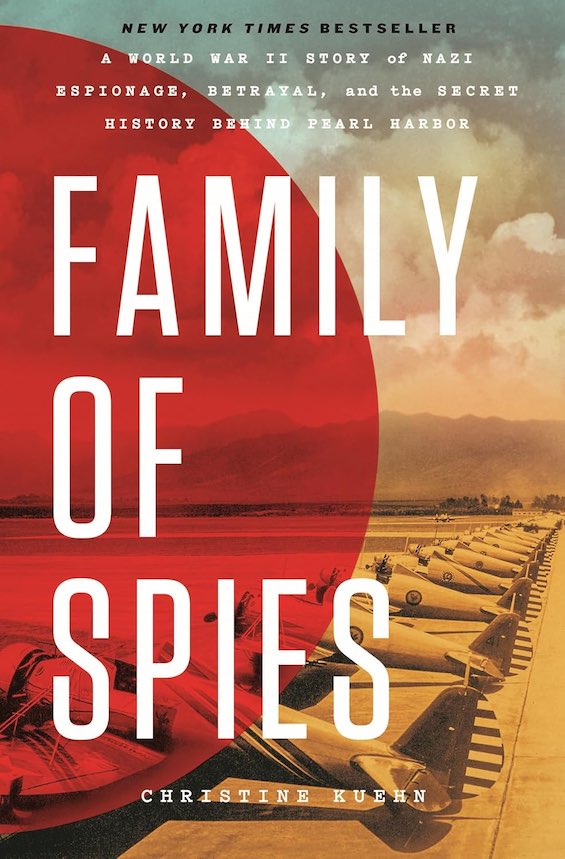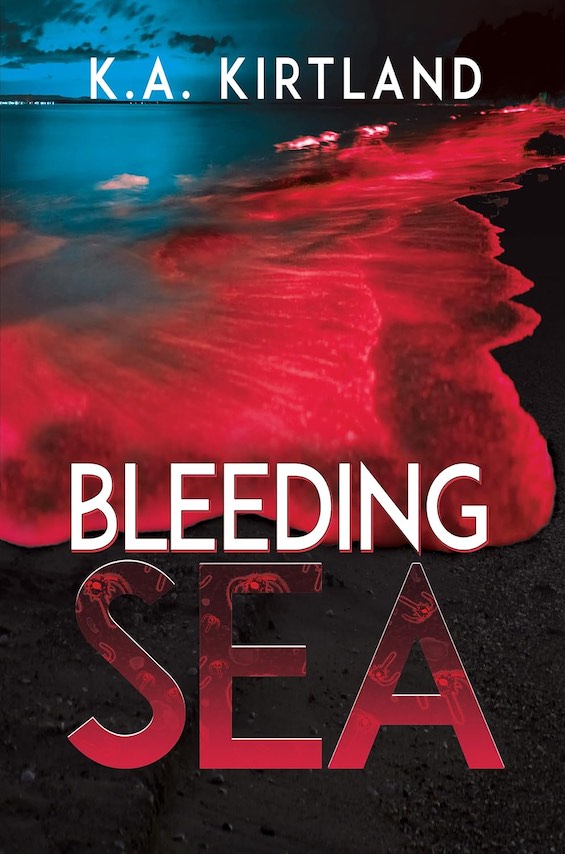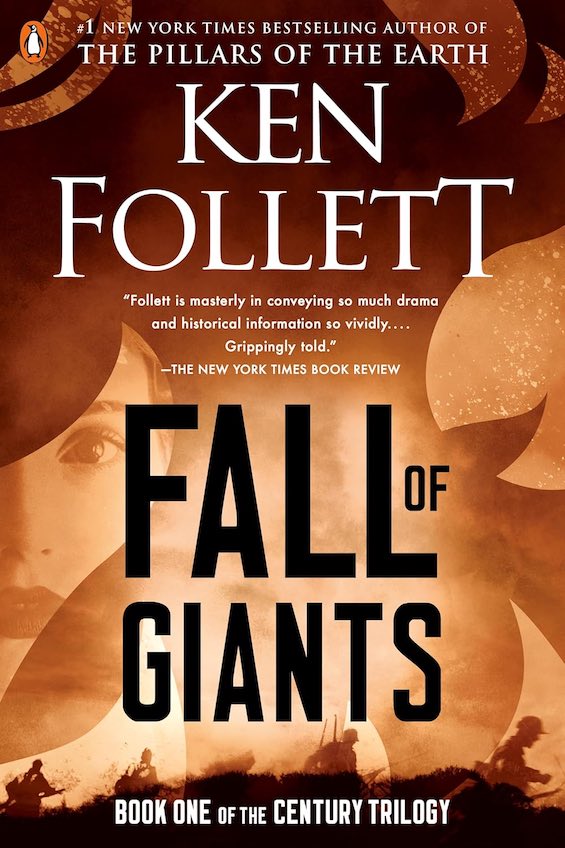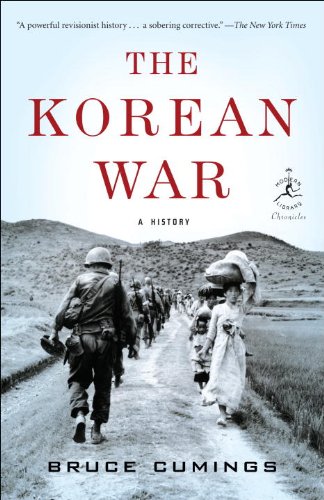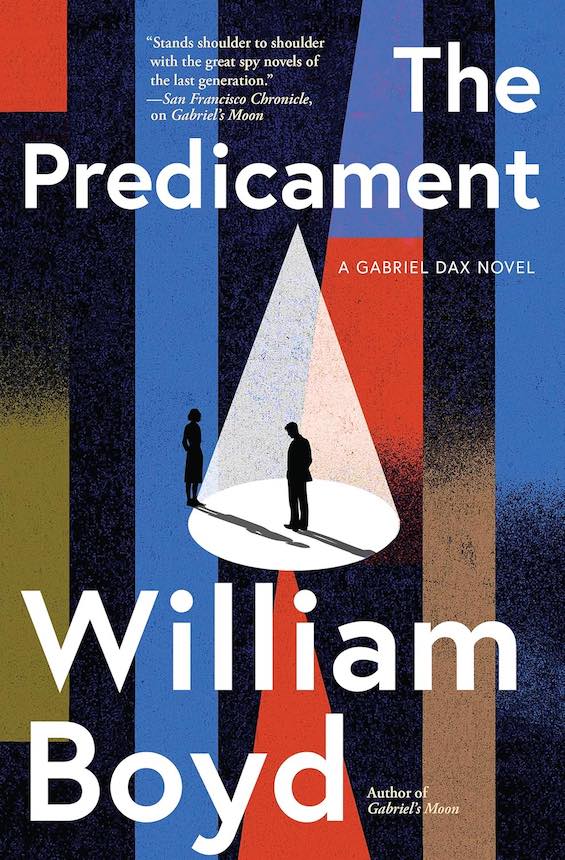For the West, the collapse of the Soviet Union in 1991 signaled a welcome shift in global power dynamics. Americans celebrated it as the end of the Cold War and a victory for the hardliner Ronald Reagan. But for the 289 million people of the USSR, the eruption of hope that came with the shift soon turned to despair. The Yeltsin years of the 1990s elevated official cruelty to new heights as a new class of oligarchs seized control of the country’s most valuable enterprises. So, it was no surprise that hope broke out once again as the remnants of the old KGB moved into the Kremlin with the ascension of Vladimir Putin at the turn of the century. With his rise, too, came an outbreak of nostalgia for Joseph Stalin. Which is an underlying theme in Martin Cruz Smith’s engrossing 2007 thriller, Stalin’s Ghost.
An unwelcome assignment for an unpopular detective
The novel, the sixth in a series of 11, follows the trail of detective Arkady Renko of the Moscow prosecutor’s office as he navigates the treacherous waters of Putin’s early years in power. Renko’s story debuted in 1981 in the bestseller Gorky Park. Now, two decades later, Renko has survived the Yeltsin years, doggedly hanging on to his job as a homicide investigator in Moscow. He is constantly at odds with his superiors, who are reluctant to allow him to pursue his instincts toward solutions that might embarrass them.
At times, Renko owes his job security only to his late father, a celebrated general of the Red Army who led troops to victory in World War II. However, this protected status doesn’t prevent his boss from assigning him to cases that promise no easy or acceptable solution. And when reports surface that Stalin’s ghost has been sighted in the Moscow Metro, that unwelcome case lands on his desk.
Stalin’s Ghost (Arkady Renko #6 of 11) by Martin Cruz Smith (2007) 364 pages ★★★★★
Three overarching themes
In Stalin’s Ghost, Smith adroitly weaves together three major themes. The novel is at once a political thriller, a love story, and a study of how history can come back to haunt the present. Five principal characters dominate the tale: Renko himself. His boss, an ambitious and scheming prosector named Zurin. A veteran of the Chechnyan wars named Nikolai Isakov. Eva, Renko’s live-in love interest. An aging chess master named Platonov. And Zhenya, a 12-year-old chess prodigy who lives with Renko and Eva between lengthy disappearances to play chess for money. Hanging over the story is a pall of uncertainty and gloom, as the emerging class of oligarchs continues to tighten its grip on Russian society during the reign of Vladimir Putin.
Summary of the novel by AI
Following is the 400-word summary I requested from the AI chatbot Claude (version Sonnet 4.5). I’ve made only minor changes, correcting one minor error, adding clarifying information, and inserting subheads to made the text easier to read.
A gripping political thriller
Stalin’s Ghost is a gripping political thriller by Martin Cruz Smith, the sixth installment in his acclaimed Arkady Renko series. Set in contemporary Moscow during the early 2000s, the novel follows the weary but principled investigator Arkady Renko as he navigates the dangerous intersection of Russia’s Soviet past and its uncertain present.
The story begins when passengers on a Moscow metro train report seeing the ghost of Joseph Stalin on the platform. This bizarre incident becomes intertwined with Renko’s investigation into the death of a young man found on the tracks. As Renko digs deeper, he discovers connections to a charismatic prosecutor named Zurin [who is Renko’s immediate boss] and a decorated war hero [named] Isakov, who fought in Chechnya.
Glorifying Russia’s Soviet past
Isakov has become a messianic figure leading a nationalist movement that glorifies Russia’s Soviet past, particularly Stalin’s leadership during World War II. The [veteran’s] popularity is growing dangerously, and he uses the alleged Stalin sightings to fuel a resurgent nostalgia for Soviet power and order. Renko finds himself caught between investigating a potential murder and confronting the disturbing resurrection of Stalinist ideology in modern Russia.
The investigation becomes deeply personal when Renko’s relationship with Eva, a traumatized doctor who works with Chechen refugees, becomes strained. Eva’s involvement with the refugees and her past connection to Chechnya place her in Isakov’s crosshairs, creating a conflict between Renko’s professional duties and his desire to protect someone he loves.
Historical trauma and contemporary Russia
Smith masterfully weaves historical trauma with contemporary Russian politics. The novel explores how collective memory can be manipulated, how uncomfortable truths about Stalin’s atrocities are whitewashed by those seeking to restore national pride, and how veterans like Isakov exploit their hero status to advance authoritarian agendas.
As Renko peels back layers of conspiracy, he uncovers evidence of war crimes in Chechnya and realizes that the “ghost” sightings are part of a calculated campaign to rehabilitate Stalin’s image and consolidate political power. The detective must decide whether to pursue justice at great personal cost or acquiesce to forces larger than himself.
The novel builds to a tense confrontation where Renko must use his investigative cunning to expose the truth while surviving in a system where inconvenient truths are often buried. Stalin’s Ghost is both a compelling mystery and a meditation on how societies grapple with their darkest chapters, exploring whether nations can move forward while denying their past or whether buried ghosts will continue to haunt the present.
About the author
Martin Cruz Smith (1942-2025) wrote 33 books, including the 11 novels in the celebrated Arkady Renko series. His writing career spanned the years 1971 to 2025, publishing under a number of pseudonyms. Earlier, he had worked as a journalist. Smith was born in Reading, Pennsylvania, during World War II and earned a bachelor’s degree in creative writing at the University of Pennsylvania in 1964. According to The Cambridge Companion to Native American literature, Smith was of partly Pueblo, Spanish, Senecú del Sur, and Yaqui ancestry.
For related reading
For an informative obituary of the author, see “Martin Cruz Smith, Best-Selling Author of ‘Gorky Park,’ Dies at 82” by Adam Nossiter (New York Times, July 16, 2025).
I’ve also reviewed six other novels in this series. (I read the earlier books before I began posting reviews.)
- Wolves Eat Dogs – Arkady Renko #5 of 11 (What really happened at Chernobyl)
- Three Stations – Arkady Renko #7 of 11 (A detective inside Russia under Vladimir Putin)
- Tatiana – Arkady Renko #8 of 11 (A crusading Russian journalist and the Mafia)
- The Siberian Dilemma – Arkady Renko #9 of 11 (Arkady Renko in Siberia: bears, billionaires, and death)
- Independence Square – Arkady Renko #10 of 11 (Arkady Renko in Ukraine)
- Hotel Ukraine – Arkady Renko #11 of 11 (A defense minister is murdered in Moscow as Russia invades Ukraine)
You might also enjoy my posts:
- Top 10 mystery and thriller series
- 20 excellent standalone mysteries and thrillers
- 30 outstanding detective series from around the world
- Top 20 suspenseful detective novels
- Top 10 historical mysteries and thrillers
And you can always find the most popular of my 2,400 reviews, and the most recent ones, on the Home Page.

